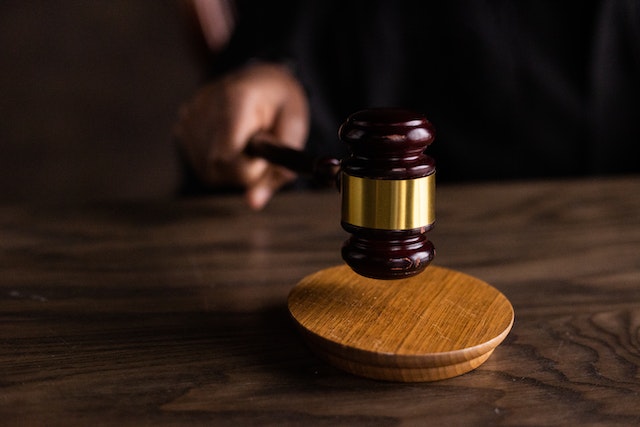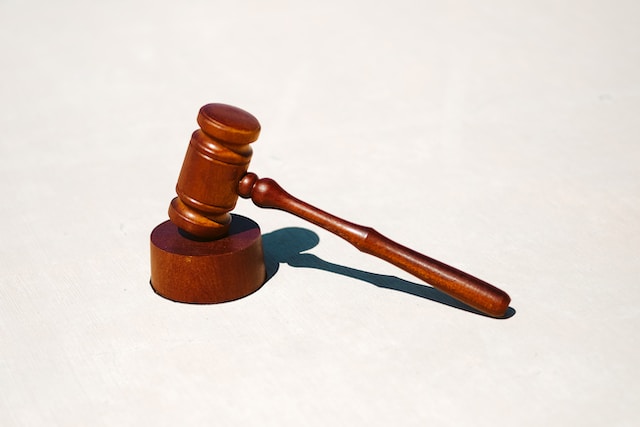One of the main hesitations filers have when considering bankruptcy is the impact it can have on their personal property. However, it’s imperative to understand that there are certain exemptions in place that allow filers to protect certain assets under state and federal law. As such, it’s in your best interest to familiarize yourself with the protections you can utilize during this process and why working with Franklin County bankruptcy lawyers is in your best interest during this process.
What Are Bankruptcy Exemptions and How Do They Work?
Bankruptcy can be an incredibly overwhelming process, but it can help filers obtain much-needed debt relief. However, you’ll find that this process is not without consequences, as it can require you to liquidate certain assets as a means of repaying creditors during Chapter 7 or by paying the value of non-exempt property as part of a Chapter 13 repayment plan.
However, there are exceptions in place, offered by both the state and federal government, to help filers protect certain assets and property, though you are generally relegated to one of the two exemption options. Some states allow filers to choose between state and federal exemptions, while others, like Ohio, require residents to use state exemptions. Generally, these are assets deemed necessary but not luxury.
What Are the Common Exemptions in Ohio?
You should note, first and foremost, that if you’ve lived in Ohio for at least two years, you are required to use the state’s bankruptcy exemptions as opposed to federal exemptions. However, this also allows you to use the federal non-bankruptcy exemptions, which can help protect certain property like social security benefits, military benefits, and veterans’ benefits, even without utilizing federal exemptions.
However, one of the most common exemptions filers utilize in Ohio is the homestead exemption. This can be applied to real and personal property use as a residence. As such, this allows you to protect up to $182,625 in home equity so long as you reside in the property once you file your case.
You’ll also find that you can protect your retirement accounts, as these are also federal non-bankruptcy exemptions. As such, you can protect your 401(k)s, profit-sharing plans, SIMPLE IRAS, defined benefits plans, and 403(b)s.
Finally, one of the most important exemptions for many is the wildcard exemption. This allows you to protect up to $1,675 of any asset that is not specifically named in state law, or you may apply this to any of the existing personal property exemptions available in Ohio, which protects certain amounts of cash, household goods, personal injury awards, and even jewelry. However, this option is only available if you file as an individual.
If you wish to file for bankruptcy and need assistance during this process, you’ll find that working with an experienced attorney is critical. At Cousino & Weinzimmer LLC, our firm will do everything possible to help you protect your assets and navigate this complex process. Contact our office today to learn how we can help you.




